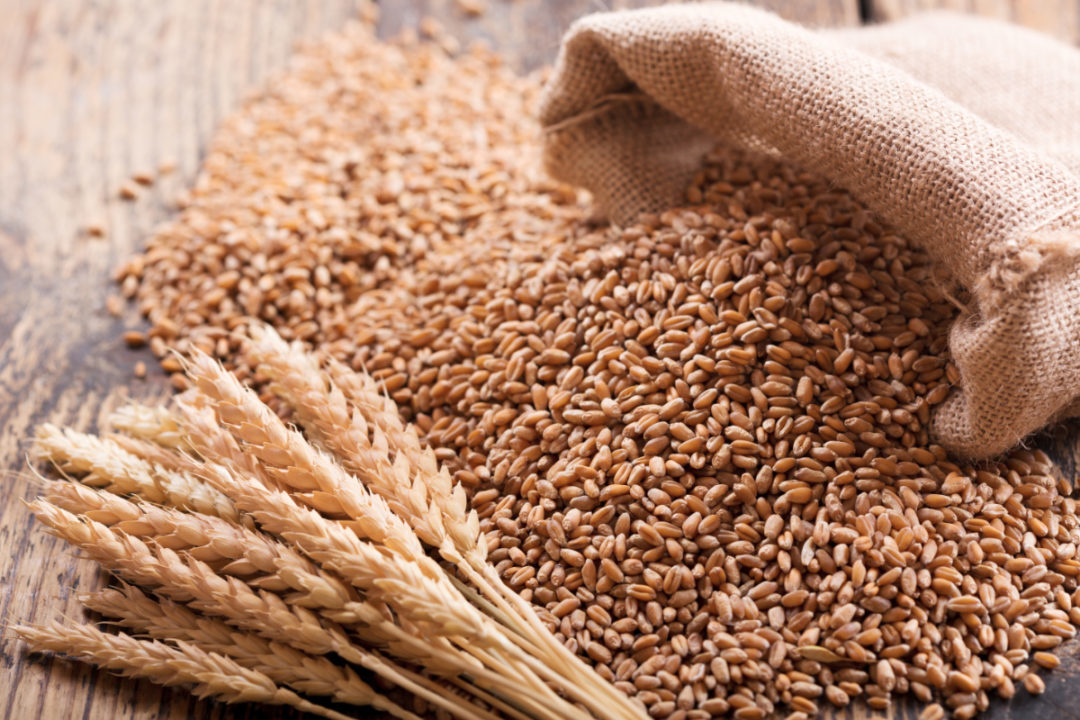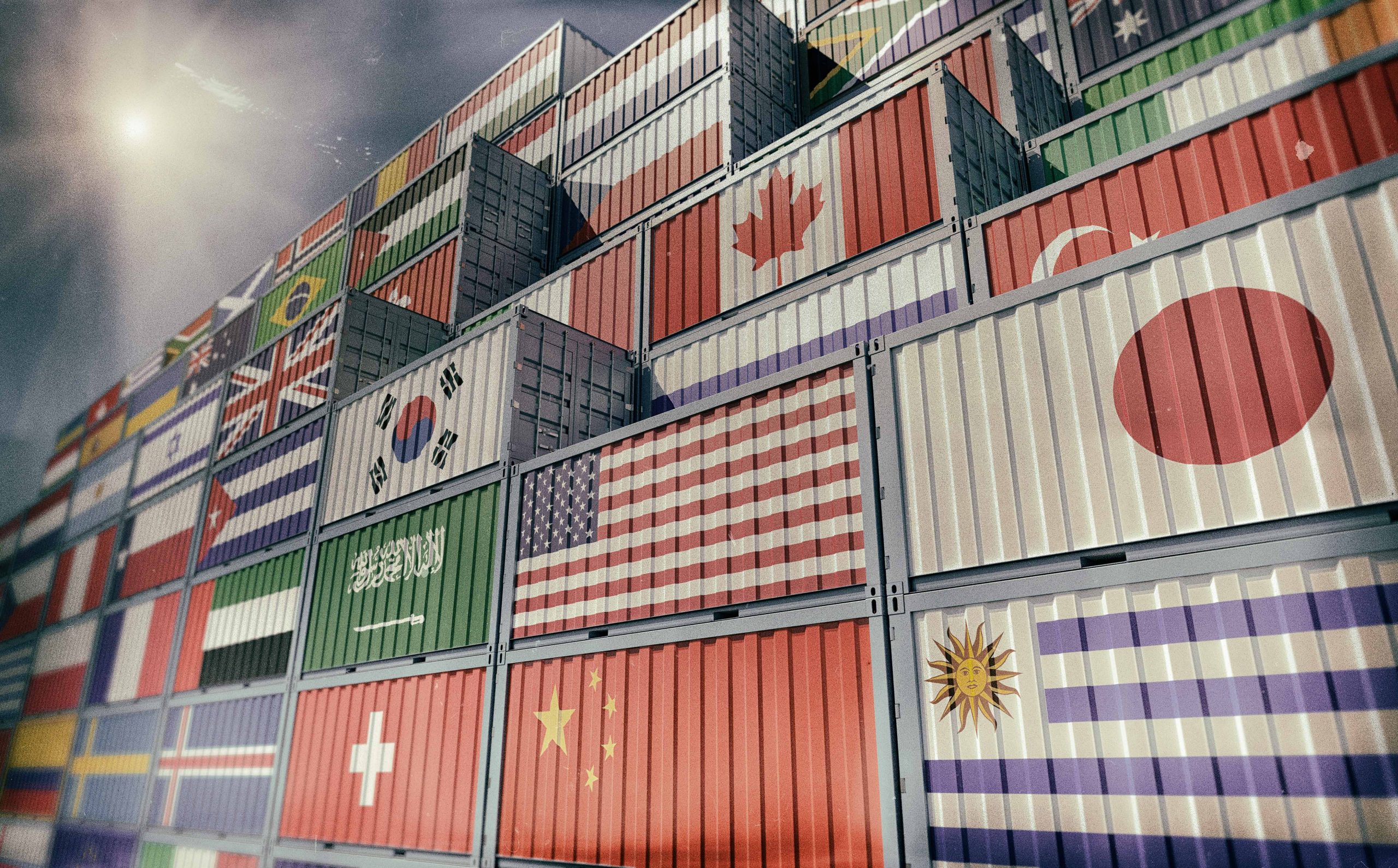The Top 10 Fastest Selling Commodities in Nigeria
The Top 10 Fastest Selling Commodities in Nigeria
Nigeria’s diverse market offers a range of commodities that sell rapidly due to high demand. Understanding these commodities can help businesses and entrepreneurs make informed decisions about which products to invest in. Here are the top 10 fastest selling commodities in Nigeria:
1. Petroleum Products
Overview: Petroleum products such as petrol, diesel, and kerosene are among the most in-demand commodities due to Nigeria’s reliance on fossil fuels for energy and transportation.
Key Factors:
- High Demand: Constant need for fuel in vehicles, generators, and industries.
- Economic Impact: Significant contributor to Nigeria’s GDP.
Sources:
2. Food and Beverages
Overview: Food items such as rice, beans, yams, and beverages are essential commodities that sell quickly across Nigeria.
Key Factors:
- Staple Foods: Basic food items required for daily consumption.
- Fast-Moving Consumer Goods (FMCG): High turnover rates in supermarkets and local markets.
Sources:
3. Mobile Phones and Accessories
Overview: The rapid growth of the telecommunications industry has led to high demand for mobile phones and accessories.
Key Factors:
- Technological Advancements: Frequent release of new models and accessories.
- Market Penetration: Increasing smartphone penetration across urban and rural areas.
Sources:
4. Clothing and Fashion Accessories
Overview: Clothing, shoes, and fashion accessories are in constant demand, driven by Nigeria’s large and youthful population.
Key Factors:
- Fashion Trends: Rapid changes in fashion trends.
- Cultural Significance: Importance of fashion in Nigerian culture and events.
Sources:
5. Cosmetics and Personal Care Products
Overview: Cosmetics, skincare, and personal care products are popular, particularly among urban dwellers.
Key Factors:
- Beauty Industry Growth: Expanding beauty and wellness industry.
- Consumer Awareness: Increasing awareness of personal grooming and skincare.
Sources:
6. Building Materials
Overview: With the ongoing construction boom, building materials such as cement, tiles, and roofing sheets are in high demand.
Key Factors:
- Urbanization: Rapid urban development and housing projects.
- Infrastructure Development: Government and private sector investment in infrastructure.
Sources:
7. Electronics and Home Appliances
Overview: Electronics such as televisions, refrigerators, and other home appliances are fast-selling commodities.
Key Factors:
- Technological Innovations: Continuous advancements in home electronics.
- Lifestyle Changes: Increasing demand for modern home conveniences.
Sources:
8. Agricultural Products
Overview: Agricultural commodities such as maize, cassava, and poultry products are vital due to Nigeria’s agrarian economy.
Key Factors:
- Food Security: Essential for national food security.
- Export Potential: Significant export opportunities in global markets.
Sources:
9. Pharmaceuticals and Health Products
Overview: Pharmaceuticals, health supplements, and medical supplies are critical, particularly highlighted by the COVID-19 pandemic.
Key Factors:
- Healthcare Needs: Ongoing demand for health and wellness products.
- Pandemic Impact: Increased awareness of health and preventive care.
Sources:
10. Educational Materials
Overview: Books, stationery, and educational software are essential commodities due to Nigeria’s large student population.
Key Factors:
- Academic Growth: Expanding education sector with more students enrolling in schools and universities.
- Digital Learning: Growth in demand for online learning tools and resources.
Sources:
Conclusion
The Nigerian market offers numerous opportunities for businesses dealing in these fast-selling commodities. Understanding market dynamics and consumer preferences can help entrepreneurs and investors make informed decisions and maximize their profits. For more information and wholesale purchasing options, visit our sister site Wigmore Wholesale.








LEAVE A COMMENT
You must be logged in to post a comment.